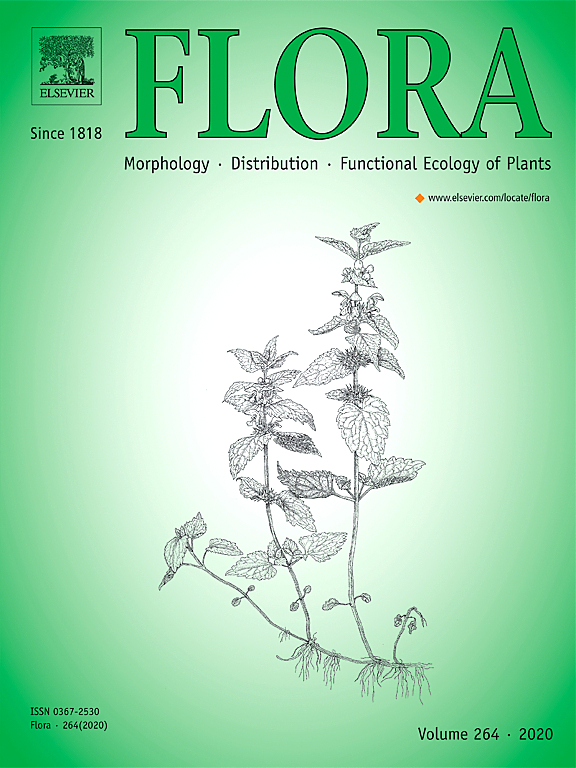
Ricerca & Innovazione > Contributi Scientifici
Giupponi L.
Recent research has shown that the intraspecific variability of plant competitor–stress tolerator–ruderal (CSR) functional strategy can represent an adaptive response to climate. This research analysed the CSR strategy of Campanula elatinoides Moretti and the shape of its leaf blades at an intraspecific level. Results were related to the environmental characteristics of the various sampling areas in order to highlight the adaptation of this species to the environment and to climate in particular. CSR strategy analysis was evaluated considering seven sampling areas located in the Italian Alps where this species grows. The analysis of leaf blade shape was carried out on the same leaves used for the analysis of the CSR strategy, while the environmental characteristics of the sampling areas were evaluated by synecological analysis. Campanula elatinoides presents more stress tolerant and competitive individuals (C = 46.6 %, S = 31.4 %, R = 22.0 %) with cordate leaf blades wider at the base in the sampling area at the lowest elevation where it grows with more thermophilic, heliophilous and xerophilous species. These characteristics represent adaptations of this species to the climatic conditions of that area. This research has shown that the intraspecific variability of CSR strategy could be greater than previously thought and that functional strategy analysis can be useful to understand the adaptation of plants to climate.
